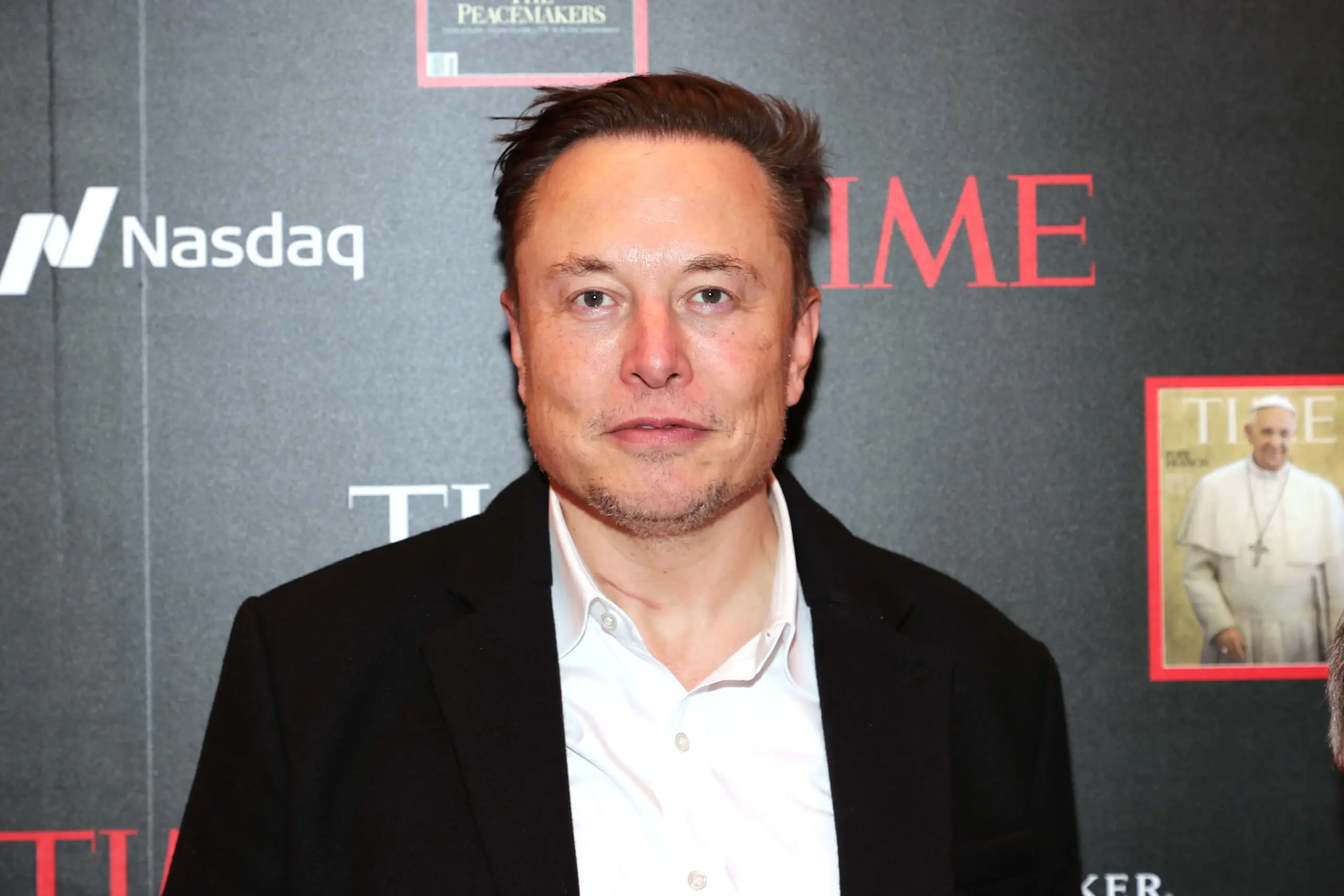Elon Musk, the billionaire, is well-known for his groundbreaking ideas, abrasive management style, and provocative tweets. Being an empathic guy is not one of them. However, a softer, bereaved father has emerged from the court documents. “There is nothing worse than losing a kid,” Musk writes in an email to the father of a youngster who died in a horrific Tesla collision in 2018.
The almost seven-week-long string of texts provides a rare peek into Musk’s personal engagement in customer interactions after a tragic tragedy. He also mentions his personal loss, something he has seldom spoken about in public. He was speaking to James Riley, whose son, Barrett, was driving a Tesla Model S when he lost control at 116 mph and smashed into a concrete wall of a home in Fort Lauderdale, Florida on May 8, 2018. The vehicle was completely enveloped in flames. Barrett Riley and his passenger were both killed in the accident.
The email conversation was revealed in a recent court filing in a wrongful death claim involving a separate Tesla collision. In one lawsuit, a lawyer is attempting to convince a court to require Musk to testify regarding Tesla’s Autopilot assisted-driving system. Musk even went so far as to meet Riley’s request that Tesla adjust a programmed function to make it simpler for parents to limit the maximum speed a Tesla may reach.
Tesla released a software upgrade to its speed restriction function in June 2018, allowing drivers to choose the maximum speed between 50 and 90 mph using a four-digit PIN on the car’s smartphone app or user interface. The owner’s handbook was revised to state that the function was dedicated to Barrett Riley’s memory.
Riley wrote to Musk on May 31, 2018, saying, “I have never sought recognition for anything in my life, but it would be good to recognize that Barrett and Edgar’s death resulted in the increased safety of others.”
Musk had told Riley two days previously that Tesla was “doing all we can to enhance safety.” My friends, family, and I all drive Teslas, and I would still do all I could if they didn’t.”
Riley filed a product liability lawsuit against Tesla in federal court in Florida over two years after the email conversation. According to the lawsuit, his Tesla vehicle’s lithium-ion batteries “burst into an uncontrolled and deadly fire” following the incident. “The battery fire killed Barrett Riley, not the accident,” he stated.
Riley requested a speed restriction device for his son’s safety two months before the tragedy, but it was removed without authorization when the vehicle was delivered to Tesla for servicing, according to the lawsuit.
According to the lawsuit, if it had not been for Tesla’s carelessness, the limiter would have averted the accident, and “Barrett Riley would be alive today.”
A request for comment from Tesla was not returned.
Tesla disputed that its battery was defectively constructed in its answer to the lawsuit. Barrett Riley came to the service facility “with a concern regarding the vehicle’s acceleration performance” and requested that the speed limit be lifted, according to the business. The lawsuit will go to trial later this year. Riley v. Tesla Inc., 20-cv-60517, United States District Court, Southern District of Florida is the case (Fort Lauderdale).

